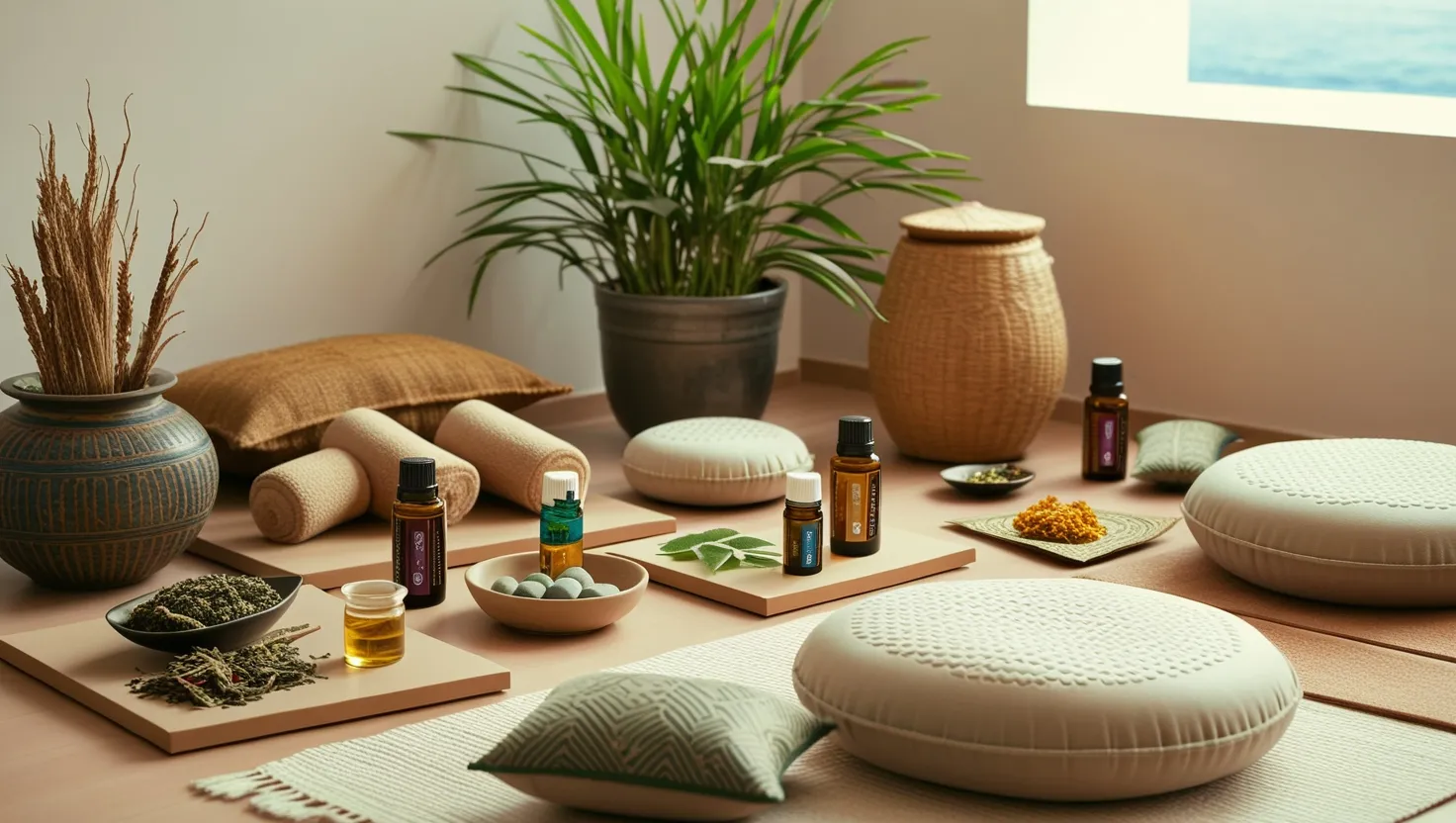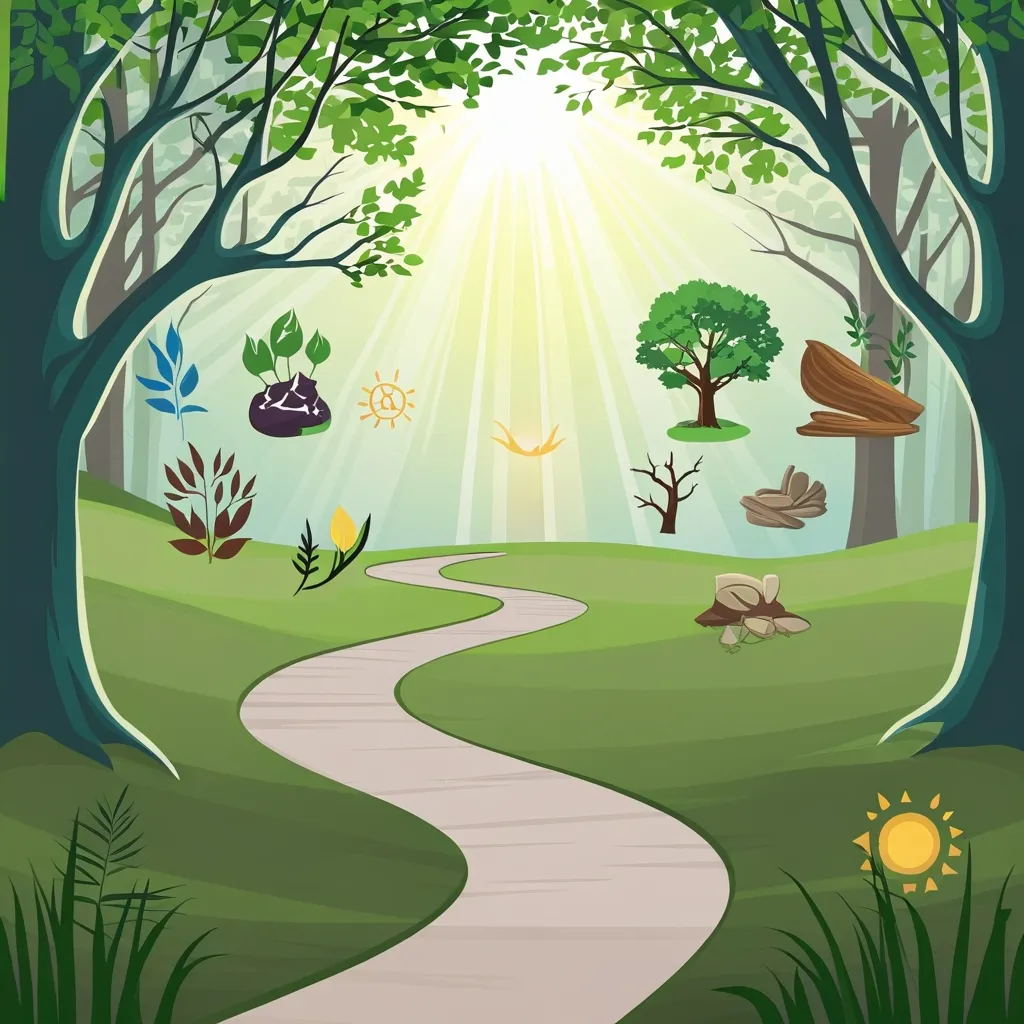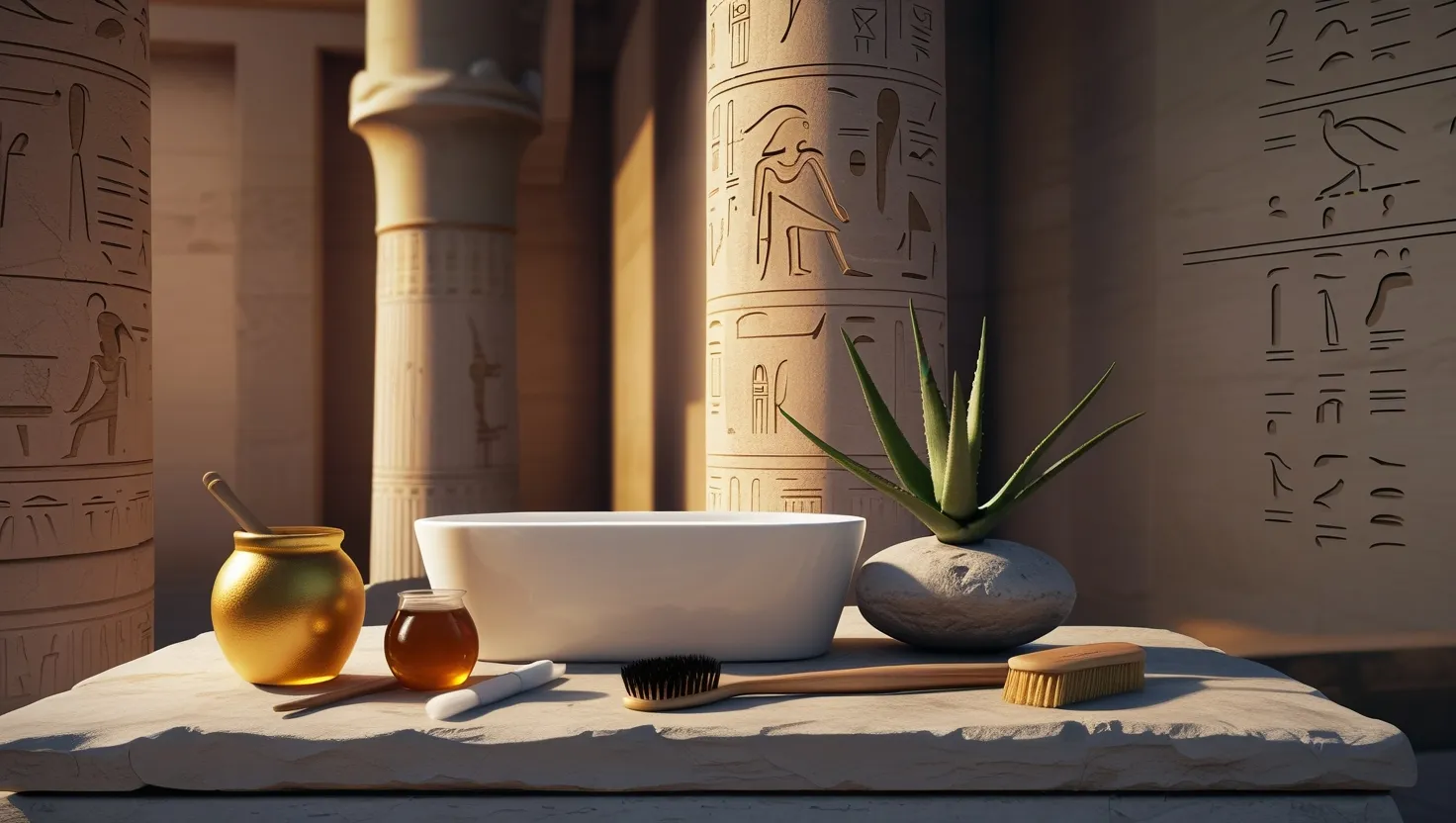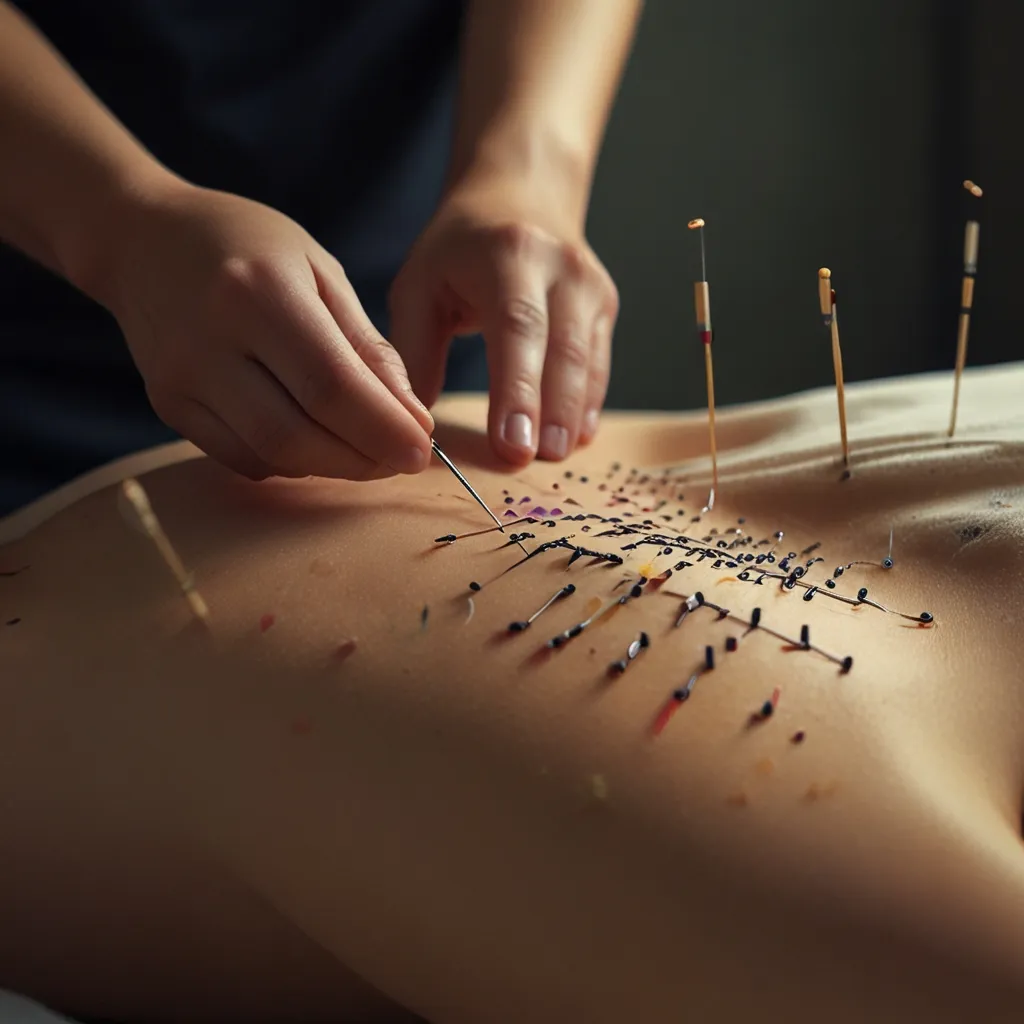In the bustling world of modern wellness, it’s easy to get caught up in the latest trends and technological advancements. However, some of the most effective and enduring health practices can be found in the ancient civilizations that paved the way for our current understanding of well-being. Ancient Egypt, with its rich history and sophisticated approaches to health, offers a treasure trove of wisdom that can be seamlessly integrated into our contemporary lives.
A Holistic Approach to Health
Ancient Egyptians viewed health through a lens that was remarkably holistic. They understood that true wellness was not just about physical health, but also about maintaining balance between the mental and spiritual aspects of life. This comprehensive approach is something we can easily adopt today. By focusing on diet, exercise, stress management, and personal growth, we can create a well-rounded routine that addresses every facet of our being.
Imagine starting your day with a balanced meal, followed by a brisk walk or a session of yoga to get your body moving. As you go about your day, take moments to practice mindfulness or meditation to manage stress. In the evening, reflect on your personal growth and set intentions for the next day. This holistic approach ensures that no aspect of your health is neglected, leading to a more harmonious and balanced life.
The Power of Aromatherapy
Aromatherapy is another ancient Egyptian practice that has stood the test of time. They used essential oils not just for their fragrance, but for their healing and relaxing properties. Today, we can incorporate aromatherapy into our daily routines in various ways. Whether it’s using a diffuser in your home, applying essential oils to your skin, or simply inhaling the scent of fresh herbs, aromatherapy can significantly reduce stress and improve your mood.
Try starting your day with the invigorating scent of peppermint or the calming aroma of lavender. These simple additions can make a significant difference in how you feel throughout the day. For instance, a few drops of chamomile oil in your bathwater can help you unwind after a long day, preparing your body and mind for a restful night’s sleep.
The Importance of Oral Hygiene
Ancient Egyptians were pioneers in dental care, creating some of the first toothpastes and valuing oral hygiene highly. This emphasis on dental health is something we should continue to prioritize today. Good oral hygiene is not just about having a bright smile; it’s also crucial for overall health and confidence.
Maintaining excellent oral hygiene habits involves more than just brushing and flossing. It includes regular dental check-ups, a balanced diet that avoids excessive sugars, and avoiding habits like smoking that can harm your teeth and gums. By taking care of your teeth, you’re not only ensuring a healthy smile but also contributing to your overall well-being.
Natural Skincare
The Egyptians were known for their elaborate beauty rituals, many of which involved natural ingredients like honey, milk, and aloe vera. These ingredients, rich in nutrients and healing properties, can still be used today to nourish and protect your skin.
Consider replacing your chemical-laden skincare products with natural alternatives. A face mask made from honey and yogurt can moisturize and soften your skin, while aloe vera gel can soothe sunburns and minor cuts. These natural remedies not only work wonders for your skin but also align with a more sustainable and environmentally conscious lifestyle.
Meditation and Visualization
Meditation and visualization were integral parts of ancient Egyptian spiritual practices. These practices helped individuals connect with their inner selves and find mental clarity. Today, we can incorporate similar exercises into our daily routines to enhance our mental well-being.
Start by dedicating a few minutes each day to meditation. Find a quiet space, sit comfortably, and focus on your breath. As you meditate, visualize positive outcomes and goals, allowing yourself to fully immerse in the experience. This practice can help reduce stress, improve focus, and boost your overall mental health.
Connecting with Nature
Ancient Egyptians had a profound respect for nature and its healing properties. They believed that spending time outdoors was essential for both physical and mental well-being. This belief is just as relevant today.
Make it a point to spend time outdoors regularly. Whether it’s a walk in the park, a hike in the woods, or simply sitting in your garden, being in nature can have a profound impact on your health. Nature has a way of grounding us, reducing stress, and boosting our mood. By reconnecting with the natural world, we can find a sense of balance and harmony that is often missing in our urban lives.
The Value of Sleep and Dreams
Sleep and dream interpretation were highly valued in ancient Egyptian culture. They believed that sleep was a time for the body to heal and the mind to process experiences, and that dreams held secrets to our subconscious thoughts and desires.
Establishing a consistent sleep routine is crucial for our overall health. Aim for 7-8 hours of sleep each night and create a bedtime ritual that signals to your body that it’s time to rest. This could include reading a book, taking a warm bath, or practicing gentle stretches.
Additionally, consider keeping a dream journal. Writing down your dreams as soon as you wake up can help you tap into your subconscious mind and gain insights into your thoughts and emotions. This practice can enhance your self-awareness and provide a deeper understanding of yourself.
Integrating Ancient Wisdom into Modern Life
As we reflect on these ancient Egyptian practices, it becomes clear that they offer more than just historical curiosity; they provide practical wisdom that can be applied to our modern lives. By adopting a holistic approach to health, harnessing the power of aromatherapy, prioritizing oral hygiene, embracing natural skincare, practicing meditation and visualization, connecting with nature, and valuing sleep and dreams, we can cultivate a more balanced and fulfilling lifestyle.
These practices are not about reverting to the past but about integrating timeless wisdom into our contemporary lives. They remind us that true health is not just the absence of disease but a state of complete harmony and balance between our physical, mental, and spiritual selves. As we stand at the threshold of a new era, let’s draw inspiration from these ancient traditions and embark on a journey towards a healthier, more balanced, and more fulfilling life.






